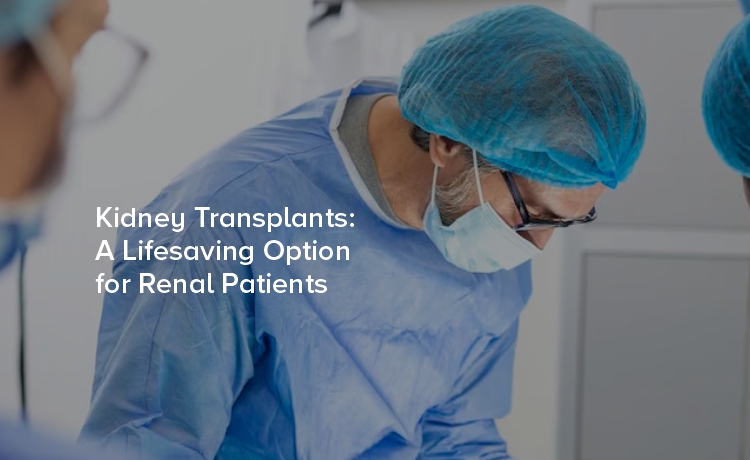
In the vast world of medical transplants, the kidney transplant stands as a beacon of hope for those afflicted by end-stage renal disease (ESRD). This intricate process involves replacing a failed kidney with a healthy kidney from a donor is not just a surgical feat; it's a profound means of reviving and extending life, transforming the trajectory of a patient's health.
The kidney, a bean-shaped organ located below the rib cage, plays a crucial role in the body's maintenance of overall health. From filtering waste and excessive fluids to regulating electrolytes and red blood cell production, its functions are paramount. However, chronic conditions such as diabetes or high blood pressure can lead to kidney failure, patients find themselves in the throes of a life-altering battle.
End-stage renal disease is the final, irreversible stage of chronic kidney disease, necessitating either dialysis or a kidney transplant for survival.
Dialysis serves as a crucial temporary solution by performing the kidney's blood-filtering functions outside of the body. Yet, for many individuals, a kidney transplant represents a more effective and liberating alternative, offering a higher quality of life and longer lifespan.
The process of kidney transplantation begins with the trail of generosity left by an organ donor. Whether from deceased donors or living donors who selflessly offer a spare kidney, the act embodies compassion, often carrying the legacy of a life-saving gift. The steps involved in this remarkable exchange are multifaceted, ensuring the utmost safety and suitability for both the donor and recipient.
Potential donors undergo extensive medical, psychological, and compatibility evaluations to determine their suitability for donation. Similarly, recipients are assessed to examine the necessity and benefit of a transplant.
Compatibility is crucial, with the transplant team meticulously analyzes various factors, including blood type, tissue type, and crossmatch results, to ensure an optimal fit.
The transplant surgery is a major operation for both the donor and recipient. It involves intricate techniques to connect the new kidney's blood vessels and urinary system to the recipient's body. With advancements in medical technology, such as laparoscopic procedures for living kidney donations, the process continues to evolve with an eye on minimizing invasiveness and recovery time.
The success of a kidney transplant hinges on rigorous post-operative care, patient commitment, and careful monitoring. While the immediate post-surgical period is intensive, with close supervision to prevent rejection and manage any complications, the long-term outcome can be exceptionally positive.
For the rest of the recipient's life, a regimen of immunosuppressants is crucial in preventing the body's immune system from attacking the new organ.
Recipients must adopt a series of health-conscious behaviors, including regular exercise, a balanced diet, and the avoidance of certain medications, to protect the health of their transplanted kidney.
Regular follow-up visits with the transplant team are a essential for ongoing assessment of kidney function, medication adjustments, and pre-emptive management of risks.
Beyond the medical mechanics lies an emotional narrative that intertwines the donor's legacy with the recipient's second chance at life. Kidney transplants are not just about extending the physical body; they are about reinvigorating life's prospects, sowing a narrative of gratitude and interconnectedness in the patient's new lease on life.
From the moment of the transplant, both the donor's family and the recipient's are united by a life-altering event, forging a bond that often transcends the boundaries of the surgery.
The landscape of kidney transplants is in perpetual evolution. The emergence of new organ preservation techniques, personalized medicine approaches to prevent rejection, and efforts to expand organ donor pools through public health initiatives are shaping a future where transplants become more accessible and even more successful.
The stories of kidney transplant recipients stand as testaments to the life-altering impact of this procedure. These individuals not only thrive but often surpass their previous limitations, becoming advocates for organ donation and the hope it brings.
In the realm of modern medicine, the kidney transplant is a feat that melds science with humanity, offering a tangible path to vitality for those in dire need. Its narrative carries both the weight of intricate surgical achievement and the enduring spirit of generosity that accompanies each donation. For patients, this procedure promises a return to the precious rhythms of a healthy life, sustaining them with the rhythm of resilience and gratitude.